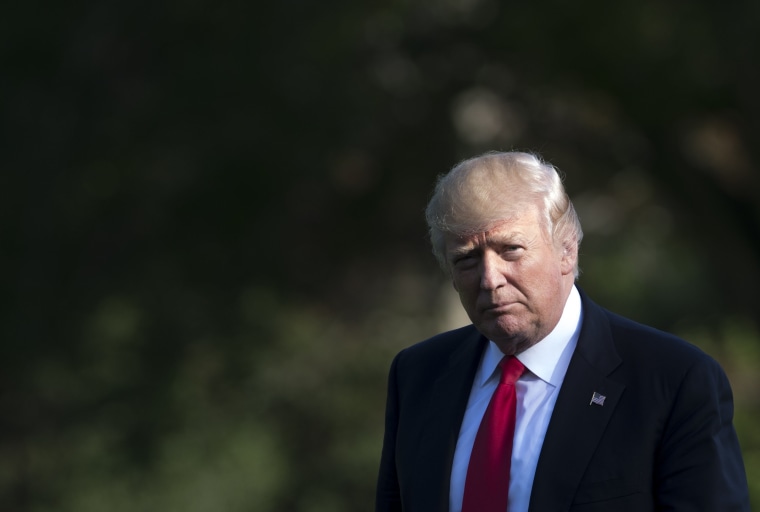During a brief Q&A with reporters yesterday, Donald Trump was asked a question that few American presidents have ever heard. "Why should Americans trust your administration to tell the truth about what's going on with Iran?" a journalist asked. "If we go to war, why should we believe you if you say why?"
The fact that a question like this would even be asked is extraordinary. The American mainstream has gradually gotten used to the fact that their president is among the world's most flamboyantly dishonest people, and at some level, Trump seems to realize that much of his country sees him as a man who lies almost uncontrollably.
And the result is a crisis of credibility so severe that a reporter felt justified asking the president, to his face, why the public should believe his claims about a looming national security crisis.
This was Trump's response in its entirety.
"Well, we have Iran. We've been talking to various people on lots of different sides. And we'll see what happens with Iran. We're very well set. We're very well configured. We have a lot of things going on with Iran."I spoke with President Xi, this morning, of China. We'll be meeting at the G20. And I think that is working out pretty much as I anticipated it would. China very much wants to discuss the future, and so do we."So the relationship with President Xi is a very good one. We had a long talk this morning."
In case there are any doubts, this wasn't a transcription error. Trump was asked, "Why should Americans trust your administration to tell the truth about what's going on with Iran?" and Trump's response -- for reasons unknown -- meandered to some unrelated thoughts about China.
And as weird as that was, it seemed even more notable that the president made no effort to push back against the idea that he lacks credibility on matters of global significance.
Asked why anyone should believe his word, I half-expected Trump to at least try to defend his reliability. It wasn't likely to be persuasive, but it seemed plausible that he'd make an effort.
I also thought he might even take offense to the question itself, since it was inherently insulting. I'm not sure who asked the question, but its subtext wasn't subtle: Trump can't be trusted to tell the truth, even about life-and-death matters.
But in this case, the Republican seemed content to accept the premise -- and change the subject.
